Student screen time should be significantly lower this school year, with implementation of the new phone policy, requiring students to place their phones in a caddy at the beginning of each class. Students will only be allowed to use them during passing time, lunch, and in the classroom if the teacher approves it for an educational purpose.
Lincoln’s new policy is to prepare for a new state law which will completely ban the use of cellphones and other personal devices during the school day. The law will be put into effect on August 1st, 2026.
The new policy is expected to reduce distractions, increase productivity, and improve peer-to-peer interactions. According to Principal Kenneth Hopkins, the ban is very necessary because phones prevent students from learning efficiently in the classroom.
“It’s like somebody who’s standing in the corner banging on a cowbell,” he said. “Obviously we wouldn’t have that in a classroom, but that’s what a cell phone is like.”
Besides eliminating distractions, Principal Hopkins believes that banning phones will also make school a safer environment for students.
“[Cellphones] contribute more to elements of violence within a school,” he said. “When a student is confronted, when you have two students who are in an enclosed location, and somebody pulls out a cell phone, common sense, are they more likely or less likely to continue and get into that physical aggression? The answer is they’re more likely to, because now it’s being documented.”
Teachers are optimistic about the phone ban and are ready to teach more focused students.
“My hope is that this new policy will encourage students to reconnect with each other socially and to be more present and attentive during class time,” said social studies teacher Casey Carr.
However, some students think that phones can actually be more helpful than harmful.
“In my art class, we need the phones because the computers block Pinterest and we need references for our art,” said sophomore Meredith Evans. “So in that situation, phones are helpful.”
Students also seem to be very content with the school’s current requirements for limiting phone use, and see little need for change.
“I’ve seen very, very few phone related issues,” said sophomore Elizabeth Hopkins. “I am in honors classes, and most of the kids in honors classes probably aren’t wasting their time on their phones and they’re actually getting their work done. But from what I have seen, the phone rules existing here have worked just fine.”
Although admin claims to have systems in place that make phones unnecessary during an emergency, some students are still concerned that without access to phones, their safety will be at risk.
“If they’re in the hallway and then they just see someone walk in with a gun, they can’t do anything,” Evans said. “Or if they’re in the bathroom and then someone’s doing something threatening to them, how are they going to alert anyone that they’re in trouble? They can’t.”
Lincoln is not the only school preparing for this ban. South Kingstown, West Warwick, and Bristol-Warren have gone a step further and completely eliminated phone use during school. Students at these schools must place their phones inside a bag that stays locked until the end of the school day.
Here at Lincoln, administration collectively decided not to implement the bag requirement. Instead, this year is being used as a transition period to make the ban less difficult to enforce in the future.
As of right now, students are cooperating well with the current policy. LHS is actively collecting data about the positive and negative effects associated with the new rules, which will be brought to lawmakers and possibly encourage modifications to the anticipated ban.

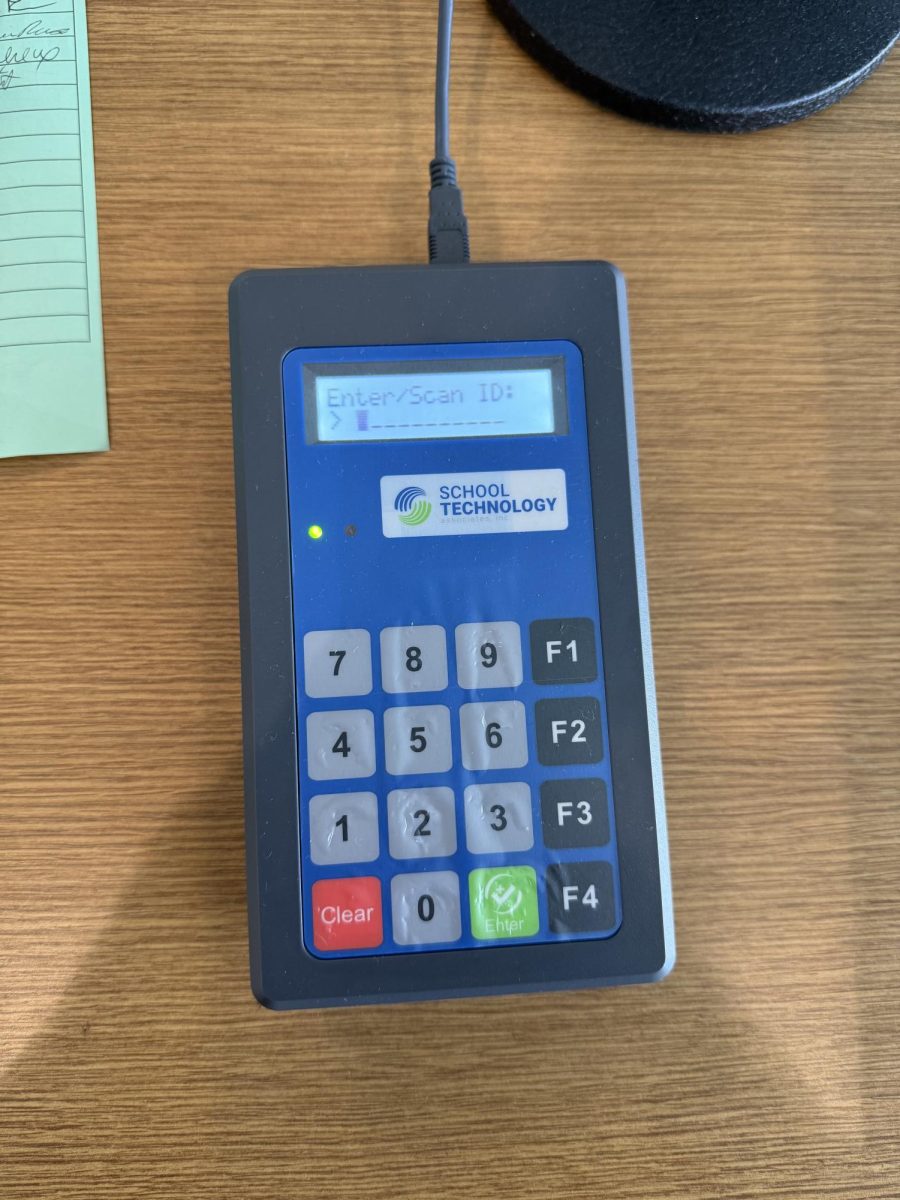

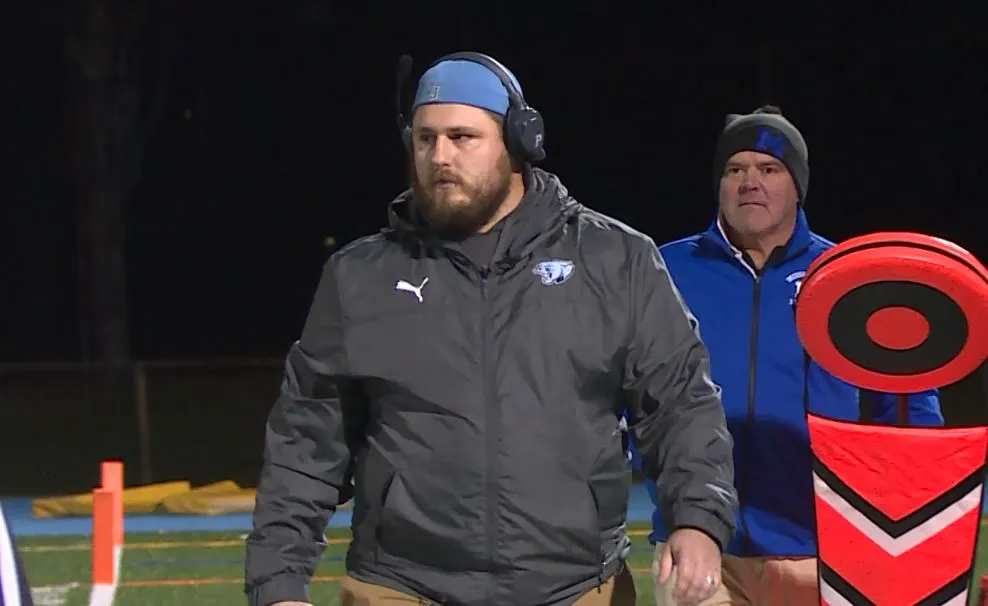
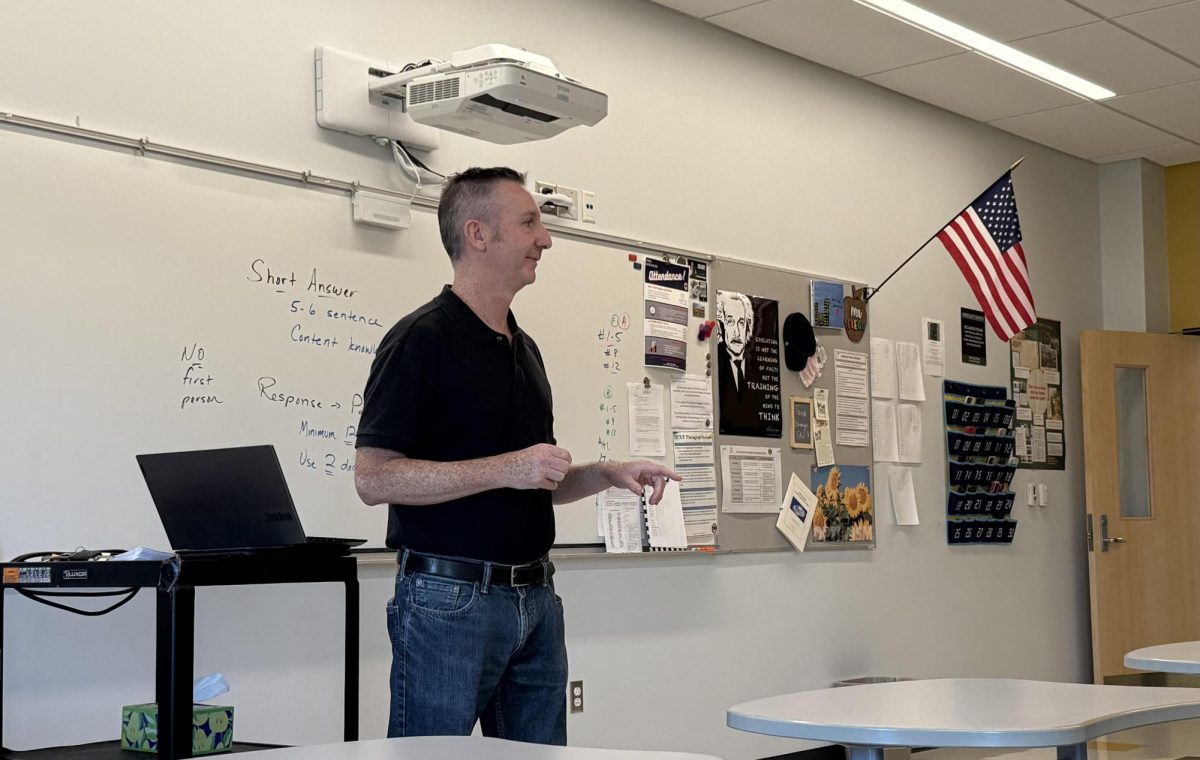

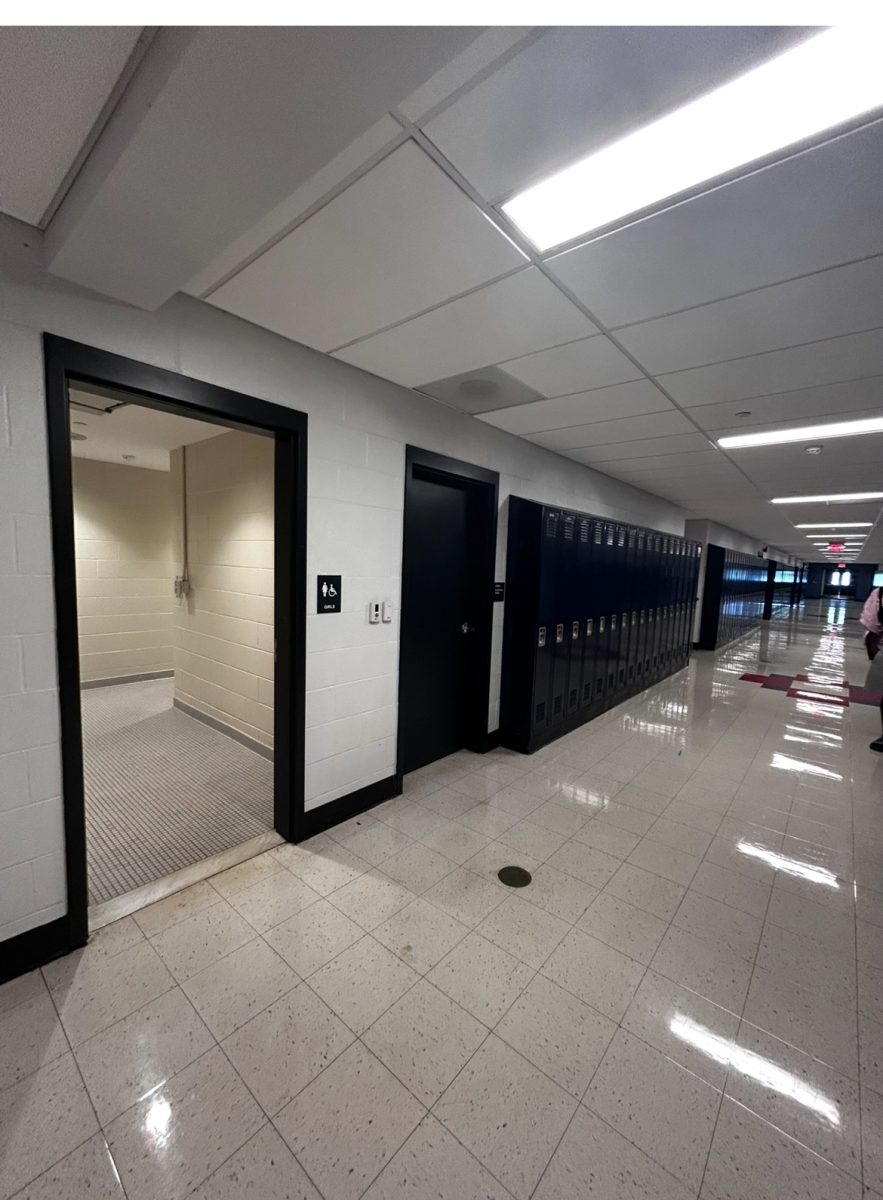








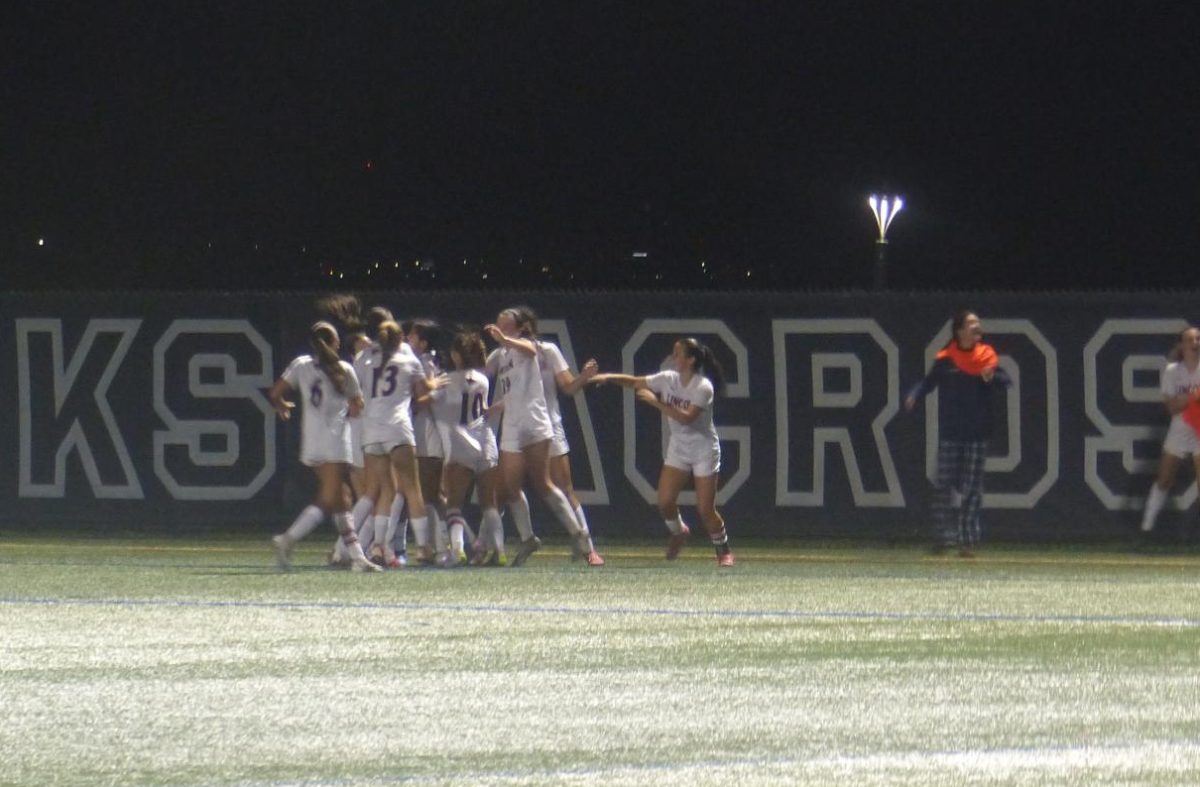
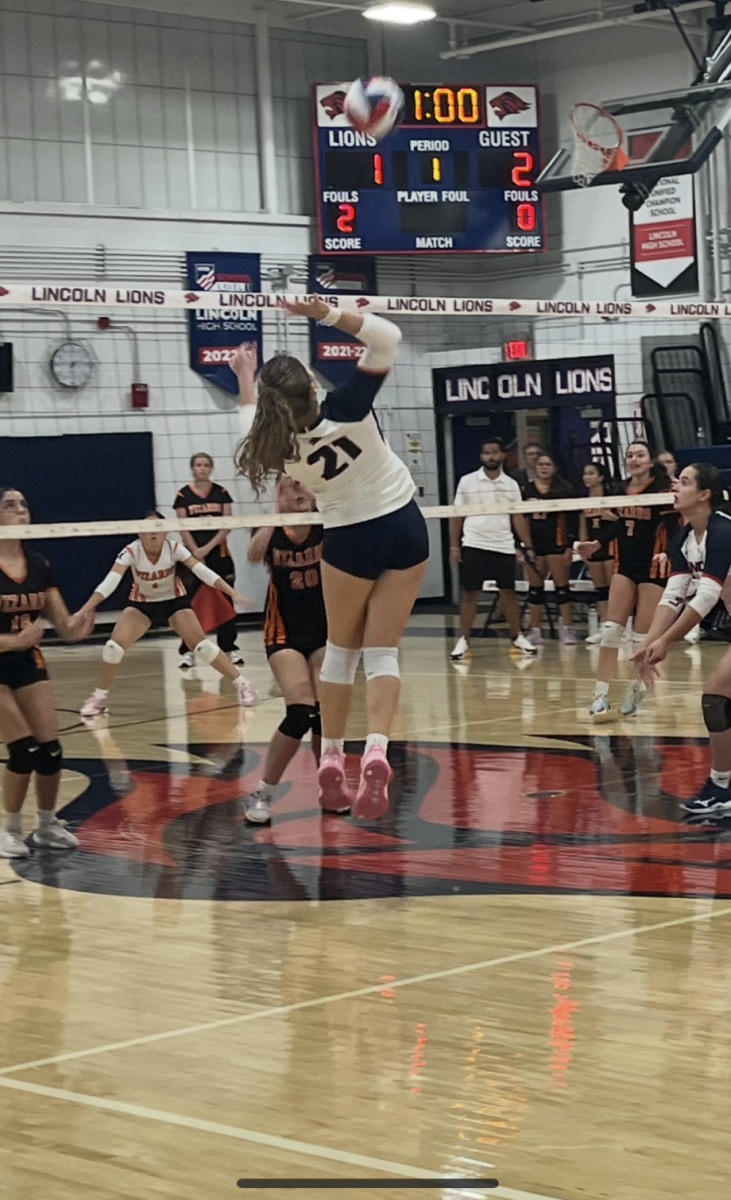

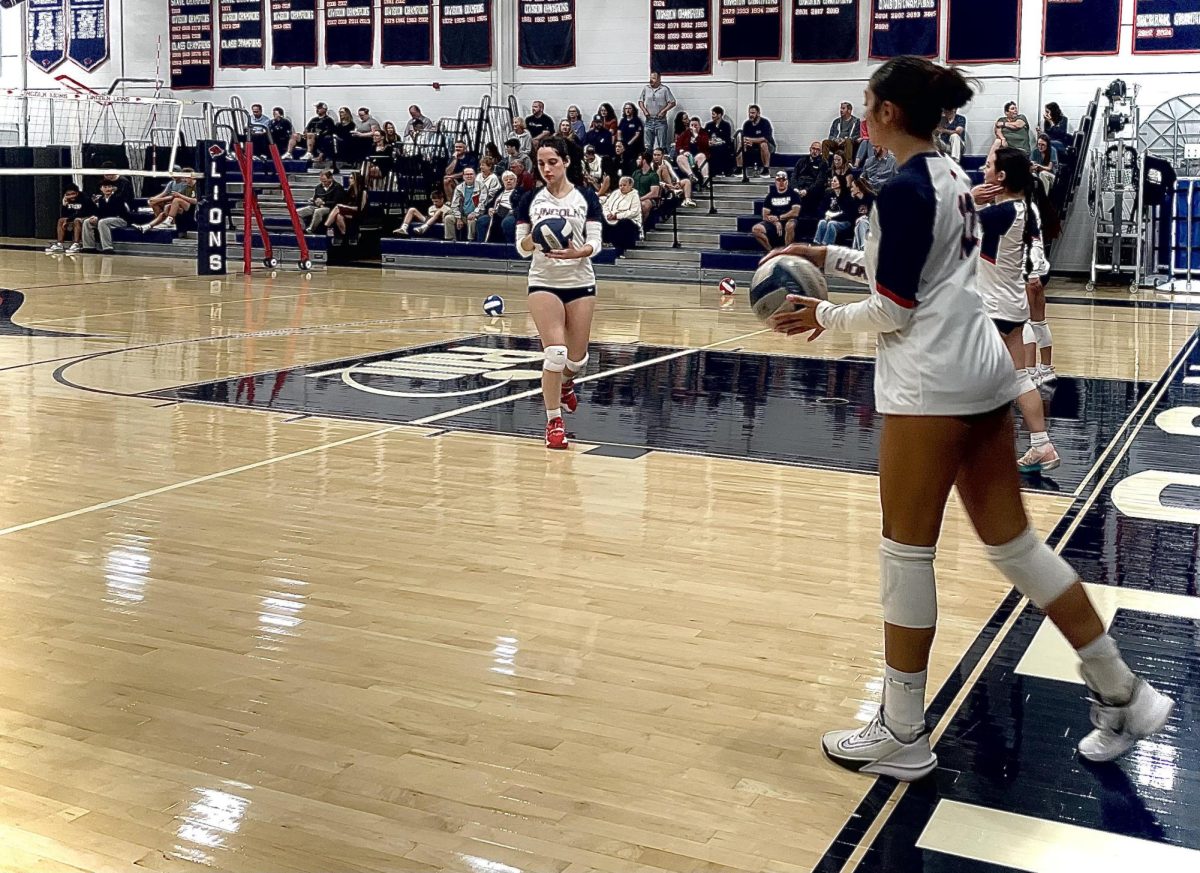


















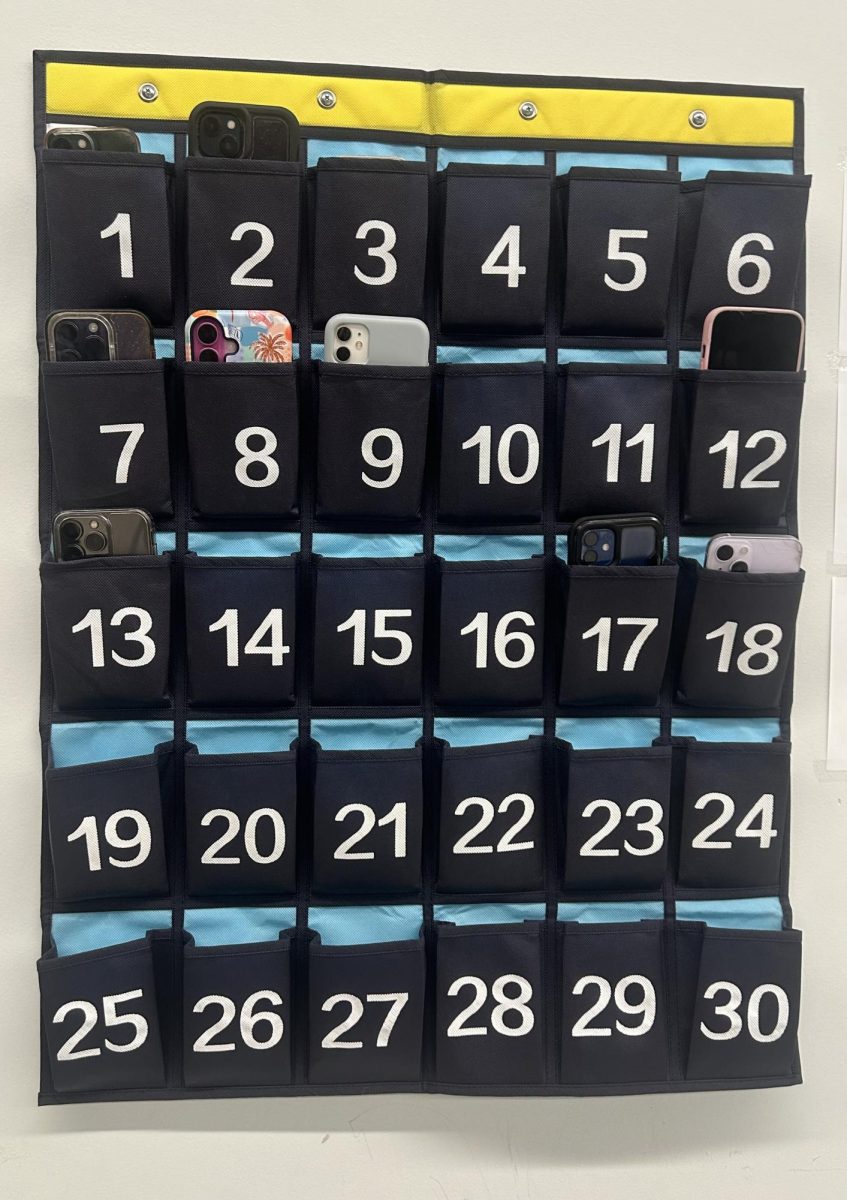

Joseph • Sep 12, 2025 at 1:02 pm
Love the way this shows both sides of the story, maybe just interview some more students instead of just admin and teachers. Overall great job